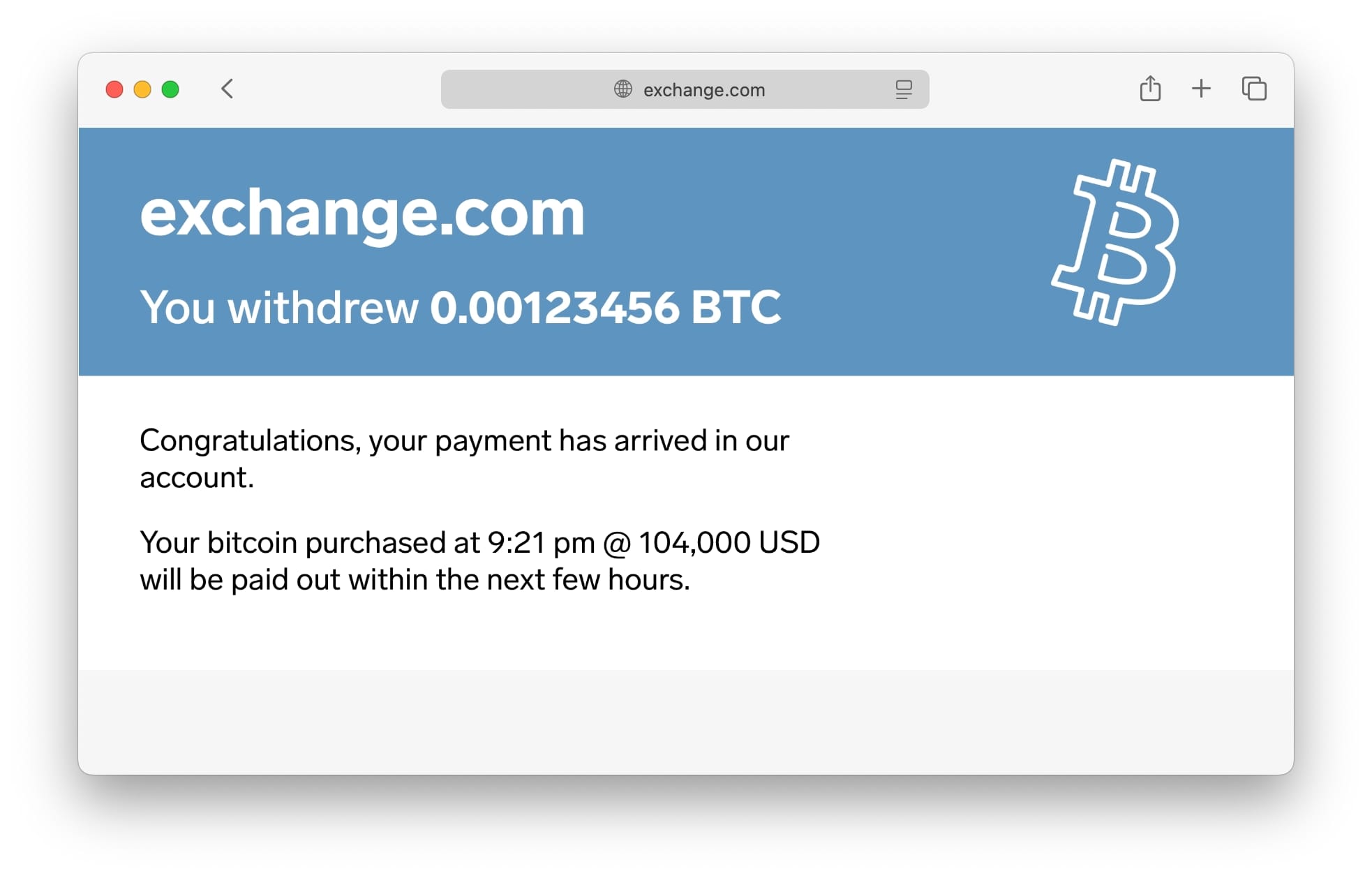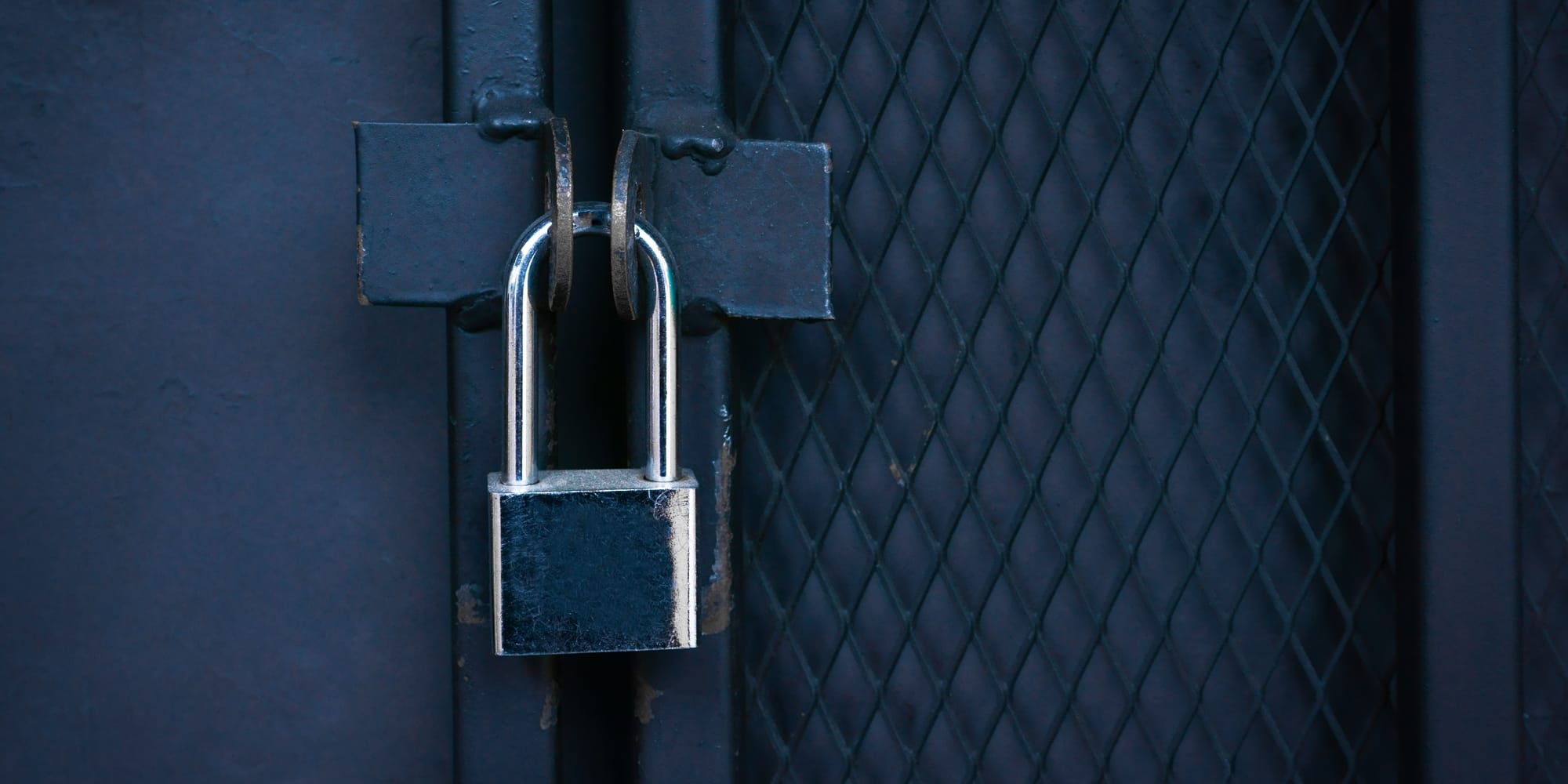Bitcoin is awesome, and we love talking about it. But there can be a big difference between talking about Bitcoin and talking about your bitcoin. With a growing list of physical attacks and thefts on people related to Bitcoin and cryptocurrencies in general, it’s important to draw a line between the two.
This article is not about inducing fear or looking at scary news stories, as there is not really much to gain by looking at isolated incidents from the past. Instead, let’s focus on how you can improve your own operational security right now, keeping your digital footprint minimal and out of the spotlight. As a privacy-first company, we already do our best to safeguard the personal information of BitBox users – or not collect them in the first place. But some key aspects will always be up to the individual users themselves. Let’s dive in!
Avoid amounts
No matter what the nature of a conversation or a post on social media about Bitcoin is; sharing the absolute amount of bitcoin you own, purchased, sold or sent in any transaction is almost always unnecessary. And it can be easily avoided!
For example, imagine sharing a screenshot on social media where you purchased an arbitrary amount such as 0.00119180 BTC and withdrew it to your wallet. This might not seem like a big deal, but using the time of your post and the exact amount, the purchase could be easily linked to the actual Bitcoin transaction. The post and all the information on the Bitcoin blockchain is public, after all!

This could then reveal an address of your own wallet, which may be linked to other transactions you make in the future and thus how much bitcoin you own. In Bitcoin, even small bits of metadata can reveal a lot of information!
Wallet data, private data
In general, any detail about your wallet activity, whether that’s an actual Bitcoin address, transaction identifier or just the amount or time of payment, leaves a digital fingerprint anyone with access to it can use to learn more about you. To avoid this, it can make sense to ask yourself a few key questions before sharing them with others. Some of these questions might be:
- Is this piece of information private, or can it be used to obtain private information about me?
- Is it really necessary to share this information for the purpose of the conversation or post?
- Who exactly am I sharing this information with, an individual, a larger group or 8 billion people?
- Can the information be combined with other personal details, escalating the situation into something even worse?
To give you an example: If you want to receive bitcoin from a friend, you obviously have to share a Bitcoin address with them – there is no way around that. Ideally, you share this address in a private chat, where only your friend has access to it. However, if you want to ask a simple question in a Bitcoin forum about a transaction you recently made, there is no need to include your address or even mention this recent transaction, and you should instead focus on phrasing the question more generally.
Avoid bragging
Putting the altruistic idea of peer-to-peer cash aside, Bitcoin has been a great asset to own over the last few years when it comes to return on investment. Many have purchased their coins at significantly lower prices than we see today, and some may even consider themselves rich now – and that’s great!
However, this high financial success can also result in a need to share the story with family members, friends or even strangers. First and foremost, you should be aware of when this “desire to brag” comes up and stay on top of it. It may be perfectly fine to share the fact that you own bitcoin with a close friend, but it may be out-of-line to share how much bitcoin you own with a stranger in a café, where even more strangers might be listening in. Of course, this entirely depends on your personal situation and how you value your privacy at any given moment.
In any case, bragging about your wealth is rarely a good idea, especially in front of strangers. The main reason for this is how difficult it can be to accurately predict what the other person is gonna do with the information that, for example, you “own six figures in bitcoin”. They may forget it five minutes later, but they might also start to envy you, develop negative feelings – or in the worst case, come up with a plan on how to get a slice of the pie!
Even if you do want to tease your friends and family a bit with your “Bitcoin gains”, it’s probably better to do so in a private environment and without revealing too many specifics. This is not to say you shouldn’t trust anyone at all, but to be more aware of who you entrust with what information.
Discussing backup strategies
Another popular topic next to general “price talk” is how to create and secure your wallet backups. This can be a bit difficult, because users of Bitcoin wallets have a natural interest in learning more about it, which in itself is a great thing! The challenging part is to not reveal anything about your own setup in the process of, for example, discussing new ideas with others in a public forum or on social media.
What it ultimately comes down to is keeping the conversation at a very high level and taking a “neutral third-person” perspective instead of your own. This allows you to learn about interesting approaches and get some inspiration for your own setup, while avoiding leaking actual details about your wallet and backup strategy to others.
For example, instead of saying “I currently store my seed phrase in a password manager, is that a good idea?” you might instead ask “What are recommended ways to store seed phrases and which should be avoided?”. Small things like that can help to reduce the trace of information you leave behind.
Operational security
Good security practices don’t have to end with your Bitcoin wallet, you can apply them to almost every aspect in your digital life. Operational security (OPSEC for short) is an umbrella term for risk-management and protecting sensitive information during daily operation of your computer and smartphone. But it can also be extended into real life! For example, walking around with explicit Bitcoin merchandise in a dangerous neighborhood with high criminality can be considered very bad operational security – for obvious reasons.
There are some good OPSEC practices you can easily integrate into your daily workflow, with examples being password managers, two-factor authentication, privacy-focussed services and being generally more aware about your sensitive information and who it is shared with. In fact, using a hardware wallet like the BitBox02 and keeping your backup safe can also be considered a part of your OPSEC!
Talk about your bitcoin… sometimes!
As with any rule, there can be exceptions where it makes sense to explicitly mention the fact you own Bitcoin and what your setup looks like. One major example for this is the topic of inheritance and preparing your bitcoin for your heirs in the – hopefully later rather than sooner – event of your death. Check out our article on the topic for more!
Conclusion
The inspiration for this article came from our own personal experience at Bitcoin conferences, where the BitBox team is sometimes approached by customers with very accurate information about their Bitcoin holdings and wallet setup. While we truly appreciate the trust placed in us in these moments, we generally neither require such personal details to answer technical questions, nor do we want to know them in the first place. We hope this article therefore helped to raise overall awareness for this topic and can contribute to great OPSEC practices in the Bitcoin space!
Don’t own a BitBox yet?
Keeping your crypto secure doesn't have to be hard. The BitBox02 hardware wallet stores the private keys for your cryptocurrencies offline. So you can manage your coins safely.
The BitBox02 also comes in a Bitcoin-only version, featuring a radically focused firmware: less code means less attack surface, which further improves your security when only storing Bitcoin.

Shift Crypto is a privately-held company based in Zurich, Switzerland. Our team of Bitcoin contributors, crypto experts, and security engineers builds products that enable customers to enjoy a stress-free journey from novice to mastery level of cryptocurrency management. The BitBox02, our second generation hardware wallet, lets users store, protect, and transact Bitcoin and other cryptocurrencies with ease — along with its software companion, the BitBoxApp.

